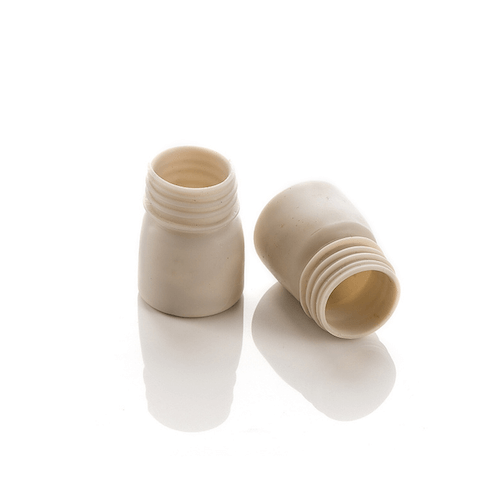



NonOilen® is the only certified bioplastic on the market that contains only natural-based polymers with the addition of only eco-friendly additives.
It is an environmentally sustainable alternative that makes it possible to replace oil-based plastics. It decomposes without material residues and the formation of microplastics into non-toxic components that do not have a negative impact on nature.
The source of raw material for the production of NonOilen® is biomass. It is used to create the granulate used for the manufacture of products. At the end of their life cycle, they belong in domestic/industrial compost or soil, depending on the material type.
The products decompose in a biologically active environment without microplastics and residues.
At the end, a substrate suitable for both further cultivation and soil improvement is produced, thus closing the cycle.
Biobased
Biodegradability
Compostability
Biocompatibility
Flexibility
Rigidity at higher temperature
Oil-free
Recyclability
No microplastics
This type of NonOilen® material is decomposable in industrial compost at temperatures above 55 °C and humidity above 40%.
NonOilen® is decomposable in home compost, while the process in industrial compost is faster than in the case of the previous type.








NonOilen® contains polymers based on natural substances with the addition of eco-friendly additives. The first generation of NonOilen® bioplastics has polylactic acid (PLA) and polyhydroxybutyrate (PHB) as the main components. The second generation contains thermoplastic starch (TPS) in addition to the basic polymers.
In addition to these basic ingredients, environmentally friendly plasticizers, almost exclusively citric acid esters, are added to the compounds. A third generation of NonOilen®, which will use organic waste from biomass-based industrial production, is now in development.
The rate of decomposition depends on both the formulation and the product itself. Thicker products (e.g. jars) will decompose more slowly than thin films. Generally, however, decomposition takes place within 12 months in home compost, and within 180 days in industrial compost.
Many bioplastics that are currently on the market contain fossil resources. Examples are compounds for the production of flexible films and biodegradable bags. Up to 50% of their polymer base consists of fossil raw material sources. NonOilen® is flexible even though it contains only natural-based polymers.
Available bioplastics also have poor dimensional stability at elevated temperatures. A cup made of NonOilen® can be washed in hot water up to 100 °C.